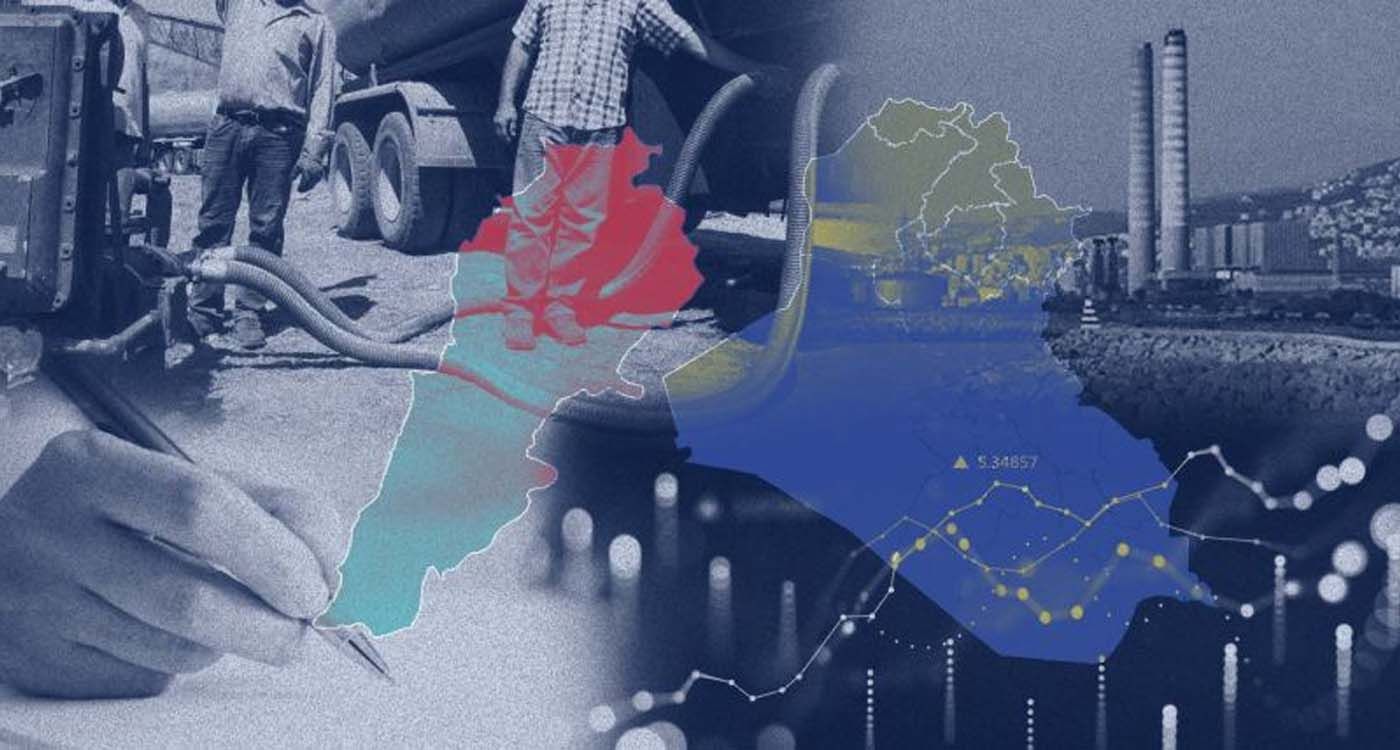
Baghdad and Beirut are strengthening their ties, with the revival of the Lebanese–Iraqi Joint Commission and a string of economic and judicial agreements. Meanwhile, Iraq continues to serve as Lebanon’s lifeline by supplying the fuel that keeps its power plants running. But beneath the pledges of cooperation, the relationship remains imbalanced.
For the first time in a decade, the Lebanese–Iraqi Joint Commission reconvened in Baghdad in September 2025, concluding its second session with the signing of seven accords. These span the economy, industry, transport and justice, including a treaty on prisoner transfers. The move sends a strong political signal and builds on an already pivotal energy partnership: Iraq provides Lebanon with heavy fuel oil to avert crippling blackouts, while Beirut, struggling to stay afloat, attempts to offset the arrangement with limited exports of goods and services.
An Energy Lifeline for Lebanon
Since 2021, Iraq has emerged as a critical supplier of heavy fuel oil for Lebanon’s struggling power sector, particularly the Zahrani and Deir Ammar plants. What began as a $700 million deal was later doubled to $1.4 billion, with annual supplies ranging between 1.5 and 2 million tons. In August 2024, Baghdad even agreed to raise deliveries to 125,000 tons a month.
The arrangement, however, is far from straightforward. With its financial system in collapse, Lebanon cannot settle the bill in dollars and instead pays through barter, offering medical services, agricultural and pharmaceutical products, and technical expertise. By the end of 2024, Beirut had managed to cover barely $118 million of nearly $2 billion owed, underscoring the fragility of the deal.
Still Modest Exports
Despite the imbalance, Iraq remains one of Lebanon’s most important Arab markets, particularly for food products, pharmaceuticals and cosmetics. Since 2016, Lebanese exports have totaled $1.38 billion. Yet the gap with fuel imports is glaring, a reality confirmed by the Ministry of Economy’s official figures.
In 2023, exports to Iraq reached $153.7 million, compared with just $6.9 million in imports, a trade volume of $160.5 million and a surplus of $146.8 million. The following year, exports inched up to $157.5 million against $9.9 million in imports, bringing the total to $167.4 million with a surplus of $147.5 million.
The trend persisted in 2025. In the first six months alone, Lebanon exported $69.7 million worth of goods to Iraq, while imports stood at $4.2 million, yielding a trade surplus of $65.5 million out of a total exchange of $74 million.
Joint Commission Relaunched
Against this backdrop, the convening of the joint commission in Baghdad sought to broaden cooperation. Seven agreements and memorandums were signed, ranging from prisoner transfers and industrial cooperation to partnerships between chambers of commerce, investment, passenger and cargo transport, and the mutual recognition of maritime certificates.
Lebanese Economy Minister Amer Bisat hailed the outcome, calling the revival of the commission after years of suspension “a step forward toward a tangible partnership serving the interests of both countries and their brotherly peoples.”
Yet the real test lies in implementation. Without clear mechanisms to monitor progress, the partnership risks losing steam. The next session, scheduled in Beirut in 2026, will be critical in assessing whether the commitments made in Baghdad translate into action, and whether Lebanon can begin to rebalance a relationship still defined by its acute energy dependence.




Comments